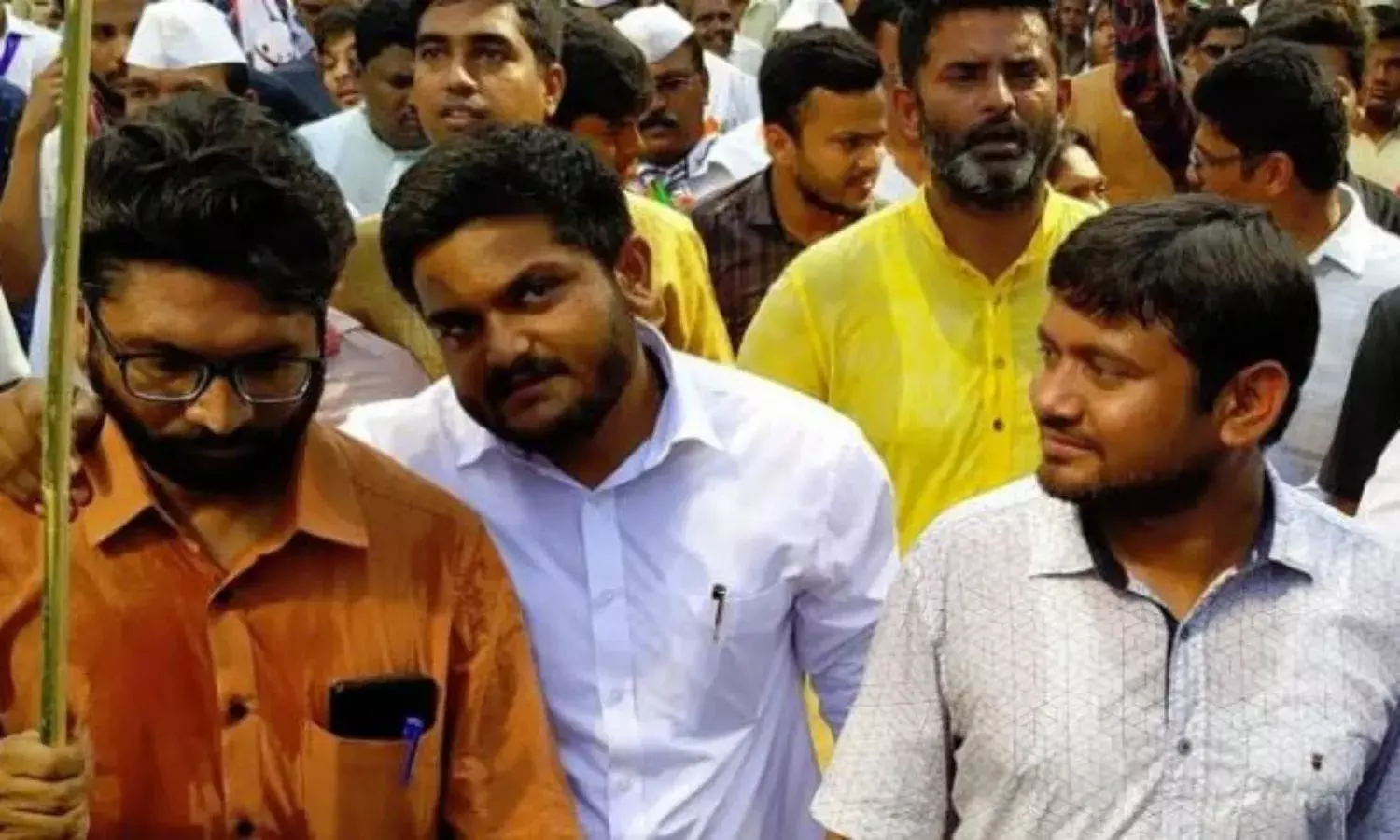When it is Easier to Contact Senior Ministers Than Young Political ‘Stars’
If political activists are so inaccessible to Delhi journalists,how will they connect to the masses?;

NEW DELHI: Conceiving a story is easy but when it comes to executing the idea, it's exasperating sometimes to create a piece worth reading. Recently The Citizen tried getting hold of young politicians to know their views on the Babri Masjid issue - we wanted to ask, “Could 1992 be repeated in 2019?”
The two reporters to whom this story was assigned told us, “Being new to this job, we were a little scared to talk to such big names; all we wanted and expected was warm reciprocity, because we thought young leaders would be different from what we already have.”
According to one, “My editor asked me to interview people for an article. Since the article was youth centric we planned to interview four young leaders. We would each call two.”
“We spent a total of two days trying to get through to them, for a five minute interview. And even after trying non-stop for two days we could only interview three of the four.”
She added, “One of the two I was assigned to call kept postponing the interview. In the end, I couldn’t interview him as he stopped replying to my messages and calls. We couldn’t do what we had planned. It was quite demotivating for people like us, who look up to these people.”
The interview process became taxing only due to these aspiring leaders' inaccessibility.
Says the other reporter, who was continuously chasing other young leaders, “One of the them finally answers the phone and says, 'I am very busy today, call me tomorrow after 10 am.' As agreed, I ring up next morning and no one responds. So now I'm stuck in the vicious cycle of continuously ringing, texting and mailing the leader. Later, when I ring again, all I hear is that the number is switched off or beyond network coverage. This leader had the audacity to delay the interview again and again, rescheduling it each time. It shows how they don’t honour time.”
“It was only in the evening, after I had called some 30 times, that I finally got a quote”, she adds.
Another hindrance is not having a “reference”. If a young reporter is new in the field, our young leaders become wary of giving her an interview. “As a layperson I had a different perspective about young leaders, but it turns out it's a totally different story. My colleague had to use her journalist father’s name to get access to one of the leaders.”
It is only after such name dropping that they agree to give you ‘5 minutes’.
It becomes next to impossible to pass through such barriers, and gain access to these leaders of the people.
A few, however, were good enough to talk to us on the same day, like Samajwadi Party spokesperson Richa Singh. But some just went on postponing till we had to drop them from the story.
It's true one might become defensive due to the image the media has portrayed, of itself and others. But rather than pretending to postpone the interview, one does always have the option of saying “No”.
Our colleagues meanwhile tell us it is surprisingly easy to get in touch with senior cops, ministers and members of parliament. This indicates degeneration.
The next line of politicians would do well to establish a system, where if they are busy, they can at least let us know, or have someone tell us so.
If political activists are so inaccessible to journalists in Delhi, how will they connect to the masses? After all, it's only through communication that they can spread their word, and listen to what people have to say.

